The Times-Picayune
by CHRIS WADDINGTON
String quartets are cool, and two recent Friends of Music concerts prove it
Memo to the volunteers who run New Orleans Friends of Music: Please send big wet kisses to the Jupiter String Quartet, which recently toured here under your auspices. While you are at it, send more kisses to the Ariel String Quartet which played at the University of New Orleans on Nov. 8.
Ariel String Quartet.
Both groups made it clear that powdered wigs and lace cuffs are no longer part of the quartet repertoire — and their athletic performances should help the Friends sell tickets in early 2012. That’s when the presenting group hosts a trio of astounding string quartets: Pacifica (Jan. 25), St. Lawrence (Feb. 15) and Ebene (March 14).
For details about the upcoming shows call 504.895.0690.
Now, do I have to decide whether Ariel was “better” than Jupiter?
If the gold medal goes to the group that made me jump up and down in my seat, Ariel wins handily. If the prize goes for balanced elegance, I’d have to hand top honors to Jupiter.
Ariel spanned three centuries with a program of works by Mozart, Janacek and Brahms, but never sounded like archivists. With each piece, they stretched the musical fabric, seeking opportunities to unleash dance rhythms, vaulting dynamic shift, and dramatic stops and starts. And they wrapped everything in a big burnished string sound of near-orchestral richness.
Lee TalnerThe Jupiter String Quartet playing an outreach concert in Seattle.
Jupiter played works by Beethoven, Prokofiev and Mendelssohn — and I was especially glad to hear the Russian’s 1942 composition, a folk-drenched work full of bracing harmonies, and ecstatic, close-to-the-bridge keening.
Still, I found myself wondering what it would have sounded like on the Ariel program. Jupiter was a trifle stiff in this repertoire, dutifully squaring off corners in a composition that ought to be played with gypsy abandon.
Such problems faded after intermission, however, as the group found its mojo with a surging, triumphant account of Mendelssohn’s “Quartet in D Major, Op. 44, No. 1.” Cellist Daniel McDonough drove the band with his full bodied, muscular playing, but never let them fall into expressive exaggerations. Instead, he helped them to a different kind of mountaintop, one which opened vistas on the glorious, romantic logic of a score that mixed weeping violins and passages of Bach-like counterpoint.

